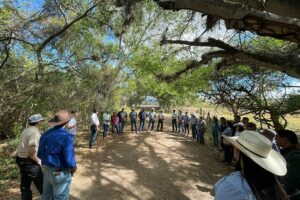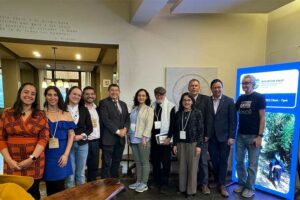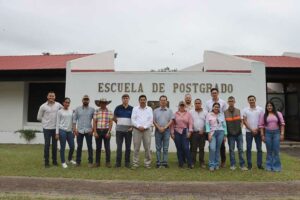CATIE Shares Strategies for the Prevention and Control of Moniliasis at Cocoa Symposium in Puerto Rico
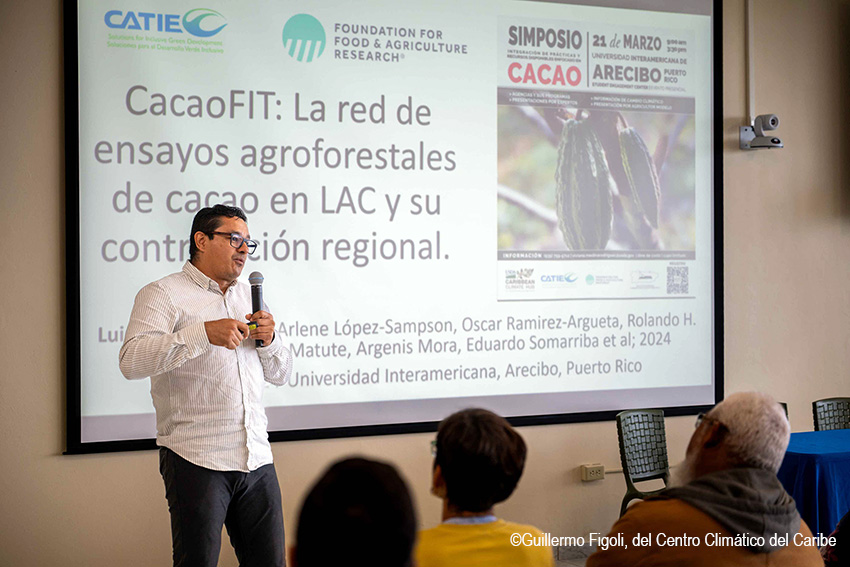
- CATIE participated in the symposium organized by the USDA Caribbean Climate Hub, showcasing progress and challenges in the fight against cocoa monilia in the Caribbean.
At the Symposium on the Integration of Practices and Available Resources Focused on Cocoa, organized by the USDA Caribbean Climate Hub at the Interamerican University of Arecibo in Puerto Rico, CATIE (Tropical Agricultural Research and Higher Education Center) played a significant role through its involvement in the CACAOMonilia project, led by CATIE in coordination with national and international partners.
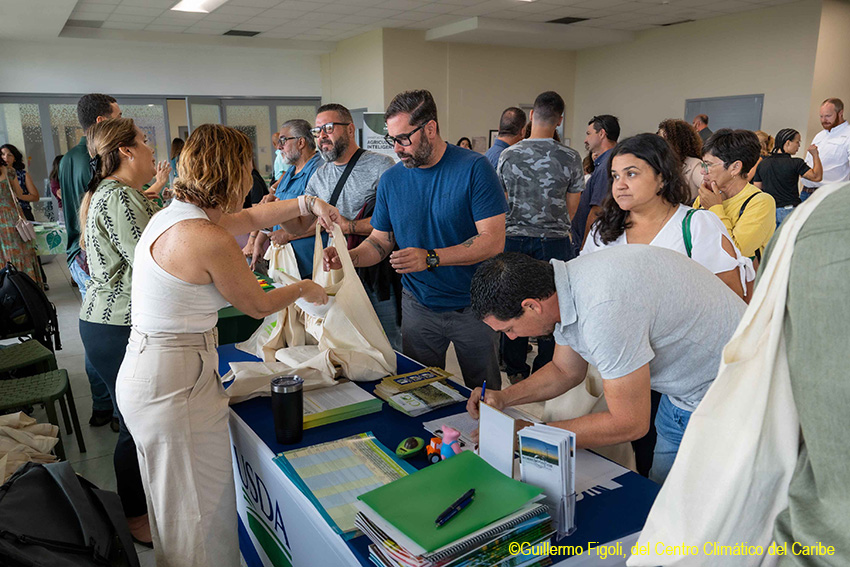
This project, executed in collaboration with the Foundation for Food & Agriculture Research (FFAR) and the National Council for Agricultural and Forestry Research (CONIAF), focuses its efforts on improving the resilience of the Caribbean cocoa sector to moniliasis, a disease threatening cocoa production in the region.
During the symposium, held on March 21, Luis Orozco, a cocoa specialist from CATIE’s Agroforestry and Coffee and Cocoa Genetic Improvement Unit, presented a case study on climate resilience in cocoa and detailed the objectives and progress of the CACAOMonilia project.
The project aims to conduct a detailed socioeconomic analysis to address the potential arrival of monilia in Puerto Rico and the Dominican Republic, proposing management and control strategies based on a rigorous cost-benefit analysis to maximize adoption by producer families.
Orozco explained that the project is divided into four phases, designed to achieve two main objectives over the course of a year: to assess the vulnerability and impact of the disease along the cocoa value chain, and to prioritize effective and profitable control strategies. This comprehensive approach aims not only to address the immediate challenges posed by the disease but also to strengthen the long-term resilience of cocoa systems in the region.
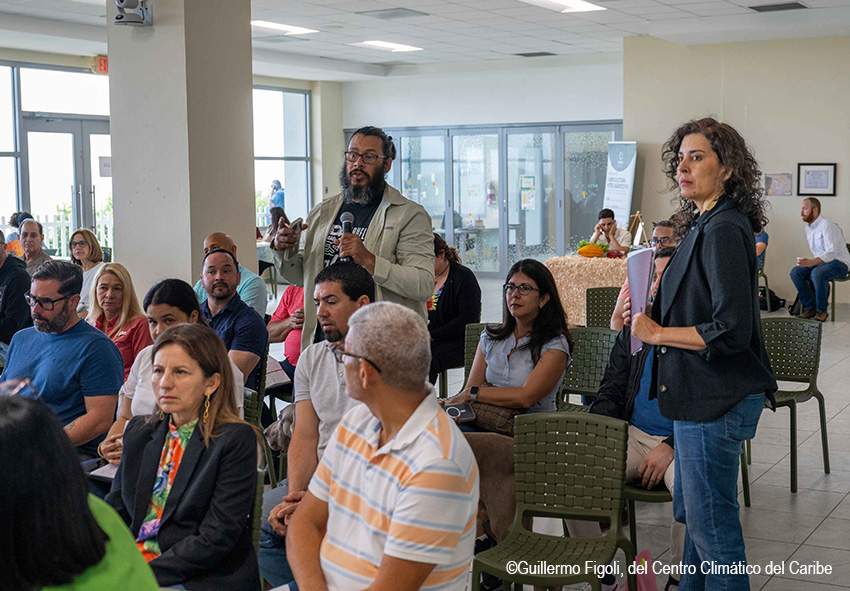
CATIE's participation in the symposium was not limited to presentations. Orozco also served as a panelist in a technical table and participated in other key meetings with CACAOMonilia project partners in Puerto Rico.
These interactions provided a valuable platform for sharing knowledge, experiences, and strategies for collaboration among different actors involved in cocoa production in the Caribbean.
The findings and results of the CACAOMonilia project are expected to be shared with key stakeholders in each involved country, to discuss and implement the most effective and profitable intervention strategies.
This joint effort between CATIE, FFAR, CONIAF, and other strategic partners highlights the importance of international cooperation and knowledge exchange in the fight against cocoa diseases, with the ultimate goal of ensuring the sustainability and future growth of the sector in the Caribbean.
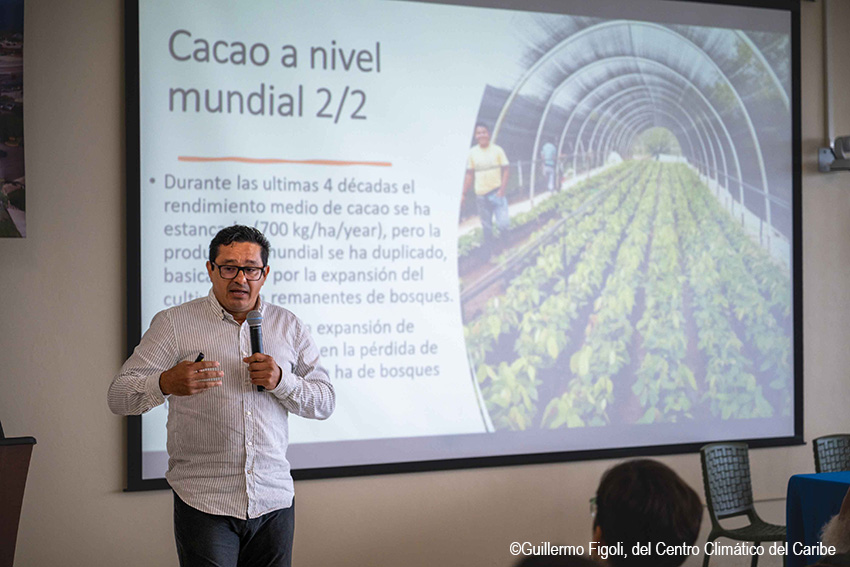
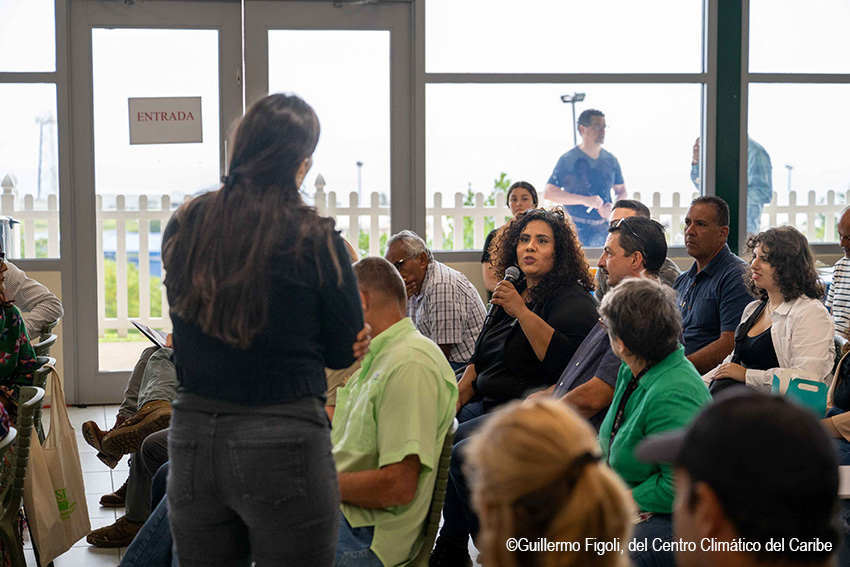
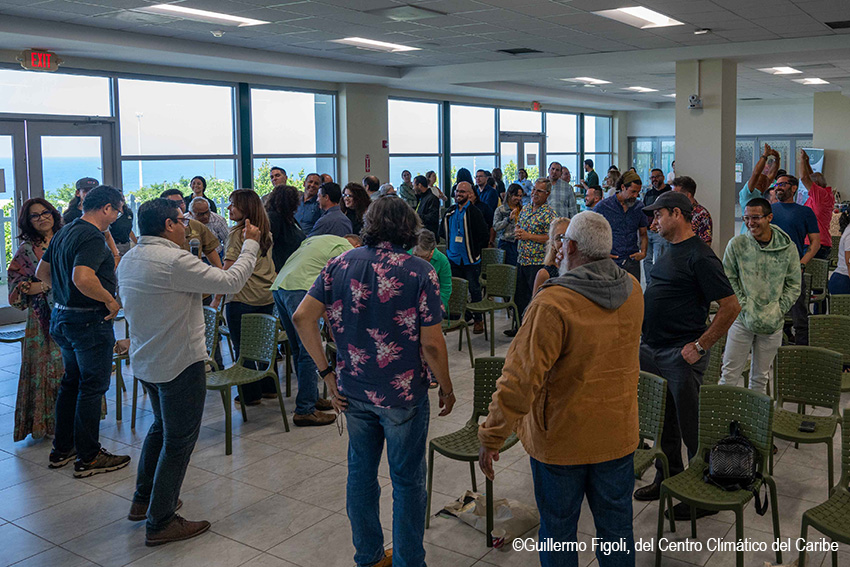
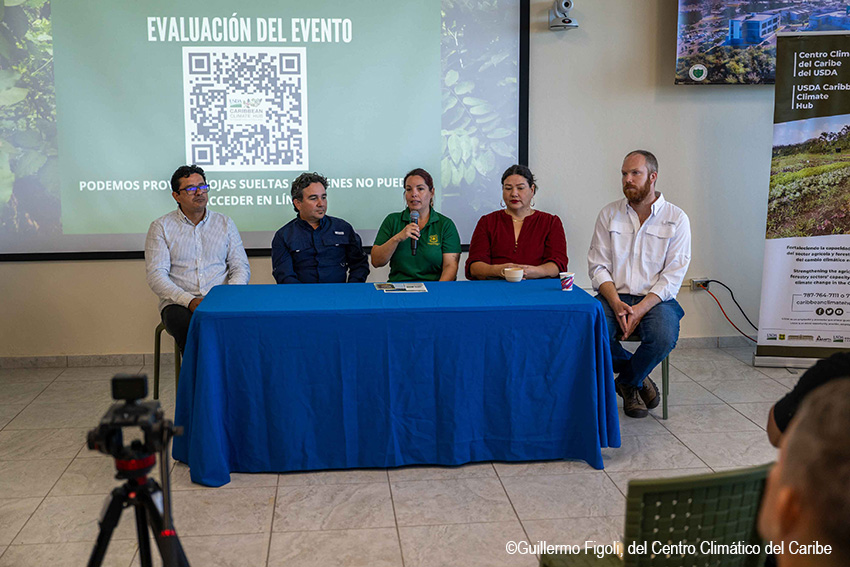
More information:
Luis Orozco Aguilar
Tropical Agroforestry Specialist
Agroforestry and Coffee and Cocoa Genetic Improvement Unit
CATIE
luisoroz@catie.ac.cr
Mariela E. Leandro
Cocoa Phytopathology Specialist
Agroforestry and Coffee and Cocoa Genetic Improvement Unit
CATIE
mleandro@catie.ac.cr
Viviana Medina-Rodríguez
Project Manager
USDA Caribbean Climate Hub,
Viviana.MedinaRodriguez@usda.gov
Written by:
Karla Salazar Leiva
Communications Officer
Communications and Marketing Office
CATIE
karla.salazar@catie.ac.cr

